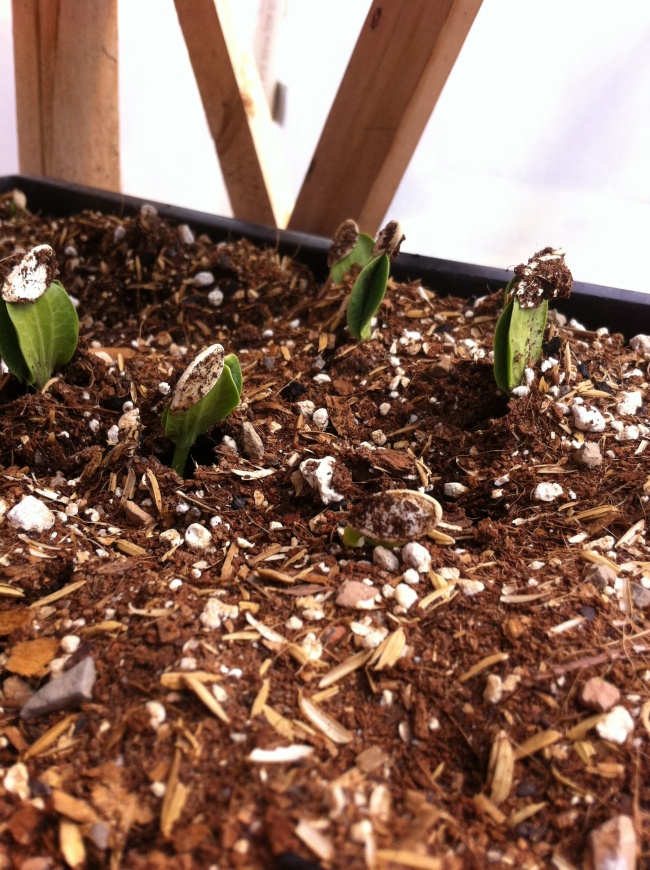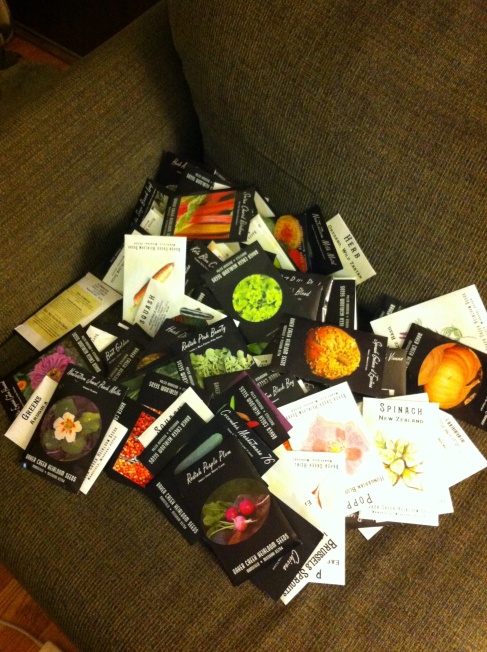Every farm has their own idea of what goes into a share. Along with providing an educational and community involvement opportunity, participating in the share program means that every week you get to take home a box (or bag) for your family. Our favorite CSA/NSA programs have always had a wide variety of vegetables and fruits to offer with enough to complete our family dinners for a week. We strive to do the same while still growing chemical free heirloom plants that do well, and are sometimes native to, our arid climate. To give you an idea of what we are planning, we thought we’d provide a few samples of things we are planning to end up in the shares for this year (of course things happen in farming so there may be all, or just some of these items that make it into the share.) These are not definitive boxes, just examples of what we are going for.
June 26-
arugula, beets, carrots, chives, flowers, kale, lettuce, parsley, radish
choice: broccoli, chard, kholrabi, mustard, oregano, spinach, savory, marjoram, tatsoi
August 7-
arugula, carrots, cucumber, flowers, ground cherry, leeks, mint, onions, squash, tomato
choice: beans, chard, dill, mustard, peppers, radish, tatsoi, tomatillo
September 25-
arugula, amaranth, chard, kale, leek, onions, shallot
choice: carrots, dill, ground cherry, lettuce, summer squash, tomatillo
Shares for the 2014 season, which is 18 weeks and runs from June 19th- October 16th, are $500. By joining the share program you are supporting the farm and the growth of the local community. We also have a share program for restaurants and other food based businesses to participate in, by making these community connections we hope to support other businesses as well as ourselves, and in doing so creating a stronger neighborhood. We would love for you and your family to join us this year. Please email us at LittleRavenFarms@gmail.com for more information


